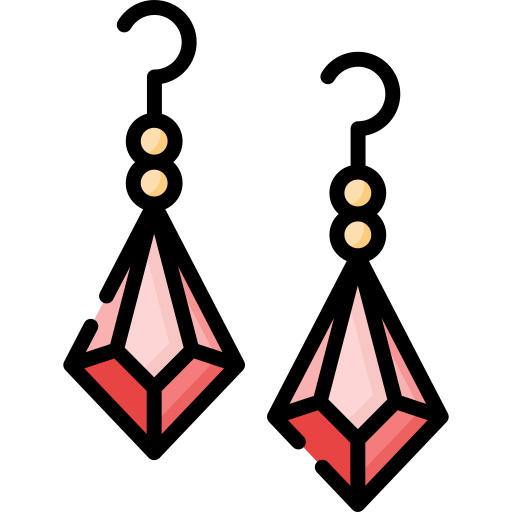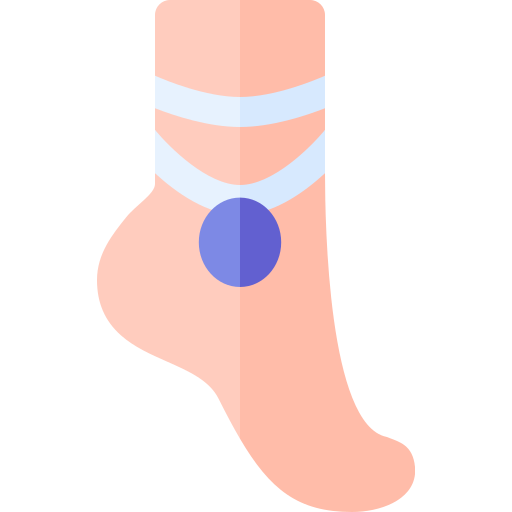Body image is a complex and multi-dimensional concept that involves our perceptions, emotions, and thoughts about how our body looks. The connection between mind and body plays a crucial role in shaping this image, with negative thoughts having the power to significantly impact both our mental and physical health.
In an era where social media constantly showcases “ideal” beauty standards, the need for healthy thinking and self-acceptance has never been more important. A conscious approach to cultivating positive thoughts can enhance our body image, promoting both health and self-confidence.
The Power of Thoughts and Their Impact
Our thoughts form the foundation upon which we build our self-perception. When our thoughts are negative, they can lead to a vicious cycle of negative emotions and behaviors. Consider daily self-criticism about our appearance or comparing ourselves to others on social media. This negativity can impact our self-esteem, even leading to feelings of depression or anxiety. However, consciously managing these thoughts can change our perception of our bodies.
Stress and Hormonal Reactions
Negative thoughts and the stress they cause are directly linked to the release of stress hormones, such as cortisol. Elevated cortisol levels can have a significant effect on the body, including contributing to fat storage, particularly around the abdominal area. For some individuals, stress may even lead to emotional eating as a coping mechanism. In other words, our thoughts have tangible consequences on our bodies, with stress creating a cycle of negative physical impacts on our health.
What is Distorted Body Image?
A distorted body image is an unrealistic perception of one's body shape, size, or appearance. It involves a misrepresentation of how we see ourselves, often accompanied by negative emotions and excessive self-criticism. Someone with a distorted body image may perceive themselves as overweight or unattractive, even when they are within normal weight ranges or are healthy. This warped perception is closely tied to mental health issues, such as eating disorders and anxiety, and is influenced by social standards, personal insecurities, and external factors like media and social media. A distorted body image can limit one's quality of life, leading to isolation, insecurity, and low self-esteem.
The Role of Social Media
Social media has brought people closer together, but it has also amplified the culture of comparison. Constant exposure to images showcasing idealized bodies and unrealistic beauty standards negatively affects our self-perception. Social media often promotes "perfect" images through filters and editing, creating the illusion that some people are flawless. The key to combating this influence is a critical approach to what we see and reminding ourselves that these images are not always realistic.
Cultivating a Positive Body Image
Cultivating a positive body image requires time, patience, and self-awareness. It is important to accept our bodies as they are, recognizing that beauty is not limited to one body type or standard. Engaging in activities that promote well-being, such as regular exercise, healthy eating, and participating in creative endeavors, helps us develop a healthier and more positive body image. Investing in self-care contributes to improving self-esteem and fostering mental well-being.
Is the "Perfect" Body a Utopia?
The ideal body is a subjective concept that cannot be universally defined. Even if we all followed the same lifestyle and diet, we would still be different. Diversity is what makes us unique, and nature has gifted us with a variety of body shapes and sizes. Let’s appreciate our individuality and invest in our own health and happiness, without comparing ourselves to meaningless standards.
With the right mindset and a shift in perception, we can develop a healthier relationship with our bodies and improve our overall quality of life.











